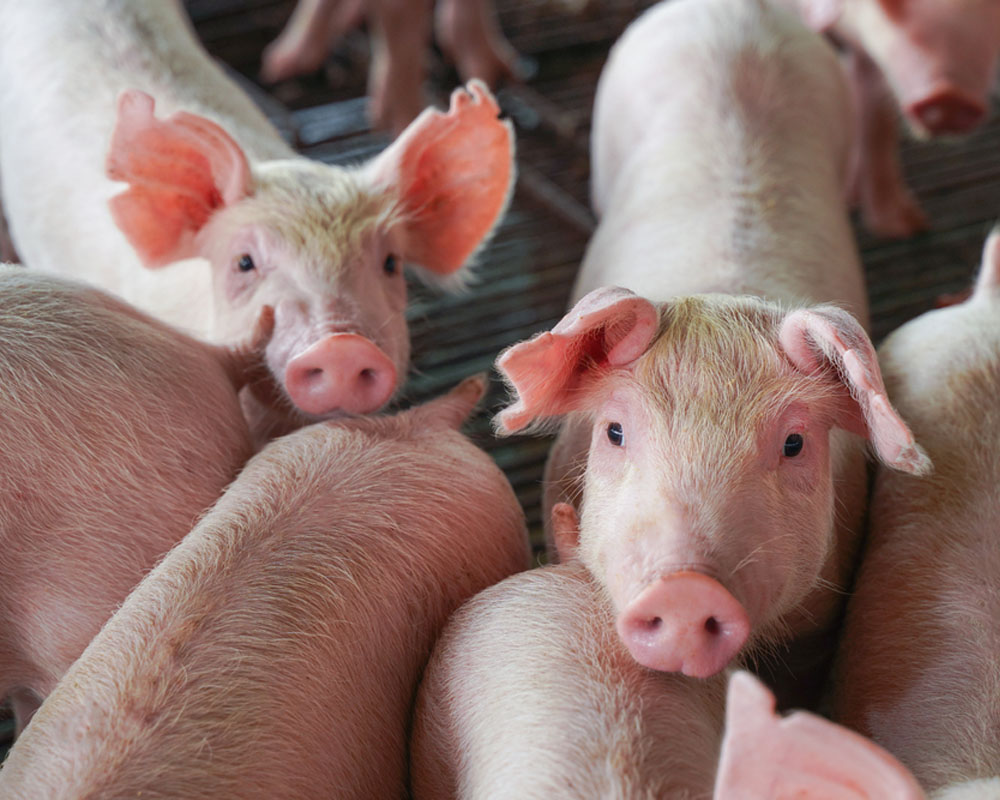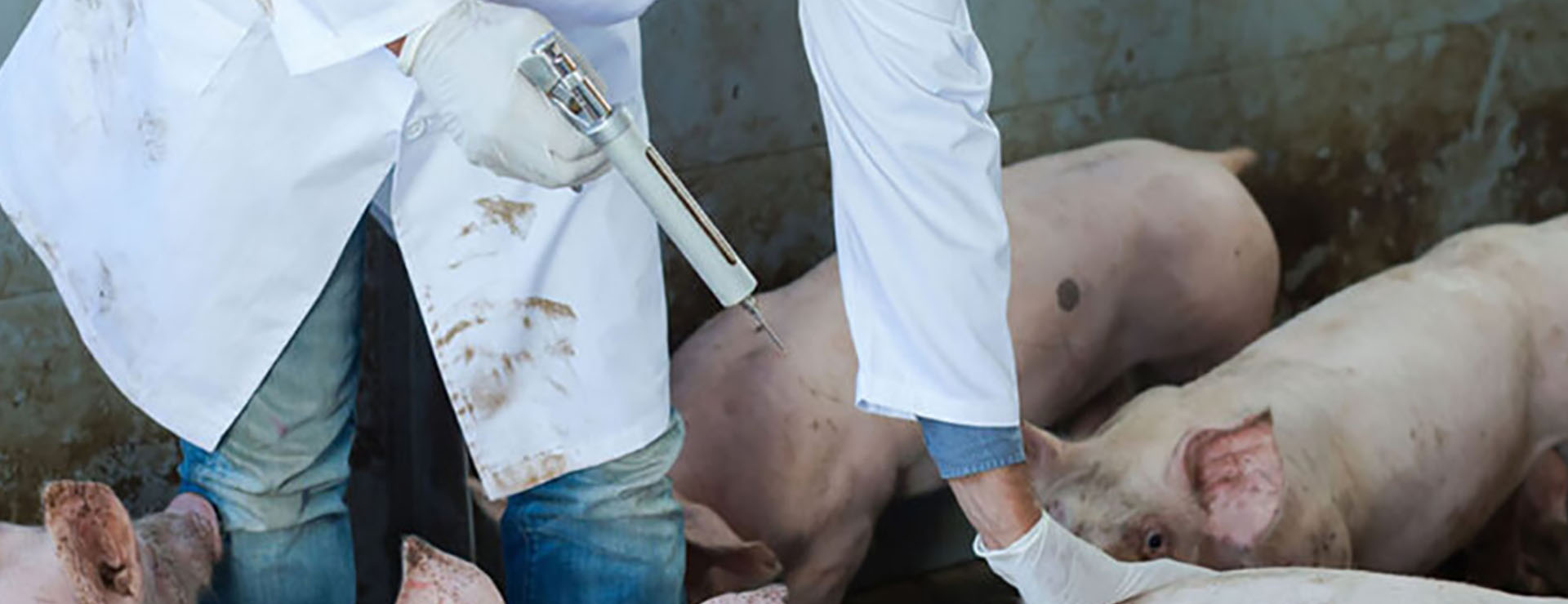The results of trials in the Philippines show that Avac Vietnam’s ASF live vaccine is safe and effective in controlling and preventing ASF in growing pigs. Earlier, Vietnam’s Department of Animal Health confirmed that the Avac ASF live vaccine used on CP Vietnam’s pigs was safe and effective.
Vaccine developer Avac Vietnam conducted trials on 271,424 pigs at CP’s 226 finisher farms In December 2022. After 4 weeks of vaccinations, all pigs were safe, with an immune response reaching 94.85%. Avac General Director Nguyen Van Diep recommends using Avac’s ASF vaccine in finisher pigs aged 8-10 weeks but not for breeding pigs (gilts, sows, and boars). He told Asian Agribiz that the vaccine’s protection could last for 4 months. In the Philippines, local pig producers have welcomed the vaccine news.
“We hope the government will initiate the procurement of the Avac vaccine after the successful trials,” Rolando Tambago, President of the Pork Producers Federation of the Philippines, told Asian Agribiz. Several producers echoed his comment, telling Asian Agribiz that the vaccine’s availability would help the industry toward real recovery. “We are hopeful that the government will take immediate action in securing vaccines and distribute them to stakeholders as soon as possible,” AGRI party-list Rep. Wilbert Lee said in a statement. “The nationwide vaccination drive will help our pig farmers to resist the spread of ASF. All of us are winners if we curb ASF in our country. It is not only a relief to the livestock industry, but also to Filipino families who are having difficulty with the prices of commodities.”
Acceptance of the ASF vaccine by the Food and Drug Administration
However, Mr. Tambago said the current challenge is whether the Philippine Food and Drug Administration will accept the trial results. Nevertheless, he was optimistic the vaccine would be available for Philippine producers this year.
Trials
2 farms participated in the trials. Piglets were divided depending on the pen set up on each farm and first acclimatized at least 5 days before vaccination. On each farm, all piglets (10 control piglets and 20 vaccinated) were in 1 pen. Researchers looked for clinical signs and mortality, monitoring and recording body temperature daily for 28 days post-vaccination. They collected blood samples on days 7, 14, and 28 after vaccination to monitor antibody response (using ELISA) and viremia (vaccine virus).

Safety evaluation results
The safety evaluation concluded that none of the pigs showed elevated temperature (hyperthermia) during the trial period. Both control and vaccinated pigs tested negative before vaccination and on days 3, 7, 14, and 21 post-vaccination, explained Rainelda Dela Peña, Veterinary Laboratory Division Chief at the Bureau of Animal Industry (BAI). “Antibody response was only evident on days 14 and 21 post-vaccination,” Dr. Dela Peña emphasized. The team observed and detected viremia starting on day 7 in 80% of vaccinated pigs. However, viremia began decreasing beginning on day 14 (70%), day 21 (50%), and day 28 (30%). On day 39, viremia was undetected. Finally, all the pigs (control and vaccinated) tested negative for viral shedding using nasal swabs collected on days 7 and 14 post-vaccination.
Trial conclusion
Following the trials, the BAI concluded that the vaccine is safe as it shows no evidence of viral shedding. Moreover, there was no transmission of the vaccine virus (viremia) from the vaccinated group to the co-mingling control pigs, even when viremia was present in the vaccinated pigs. “We observed no local and systematic reaction. We also did not observe evidence of clinical signs that can be attributed to the vaccine in vaccinated and control animals during the trials,” Dr. Dela Peña noted.
They also concluded that the vaccine is efficacious. It showed the ability to induce a detectable immune response starting on day 14 and at its peak on day 28 post-vaccination. BAI presented the trial results during the 29th National Hog Convention in Manila in April 2023.

